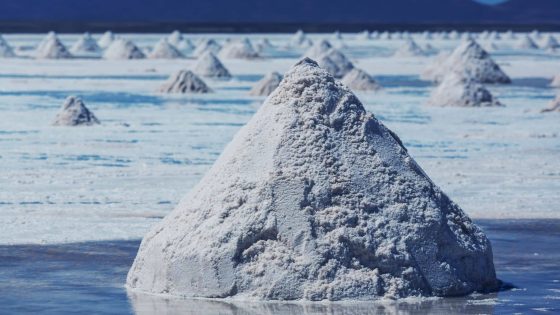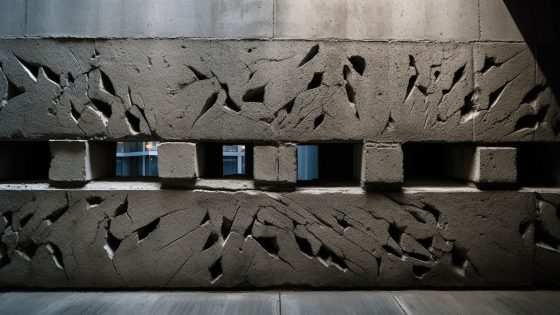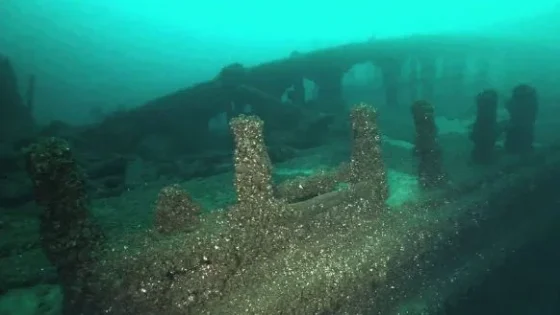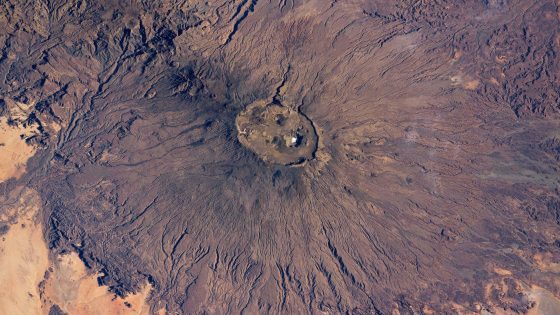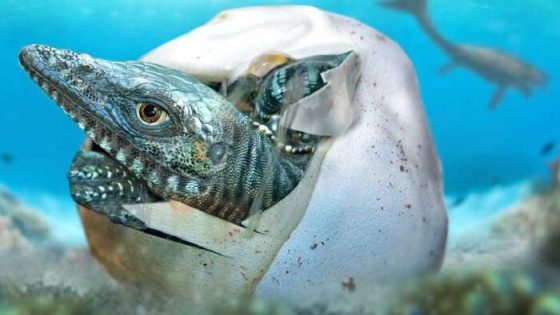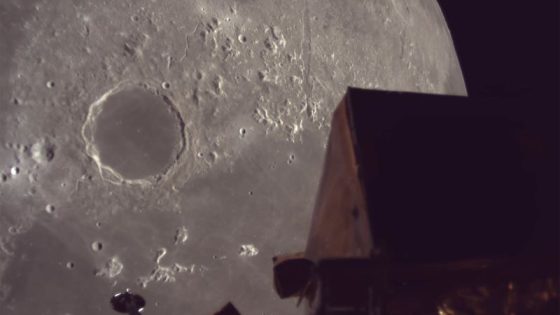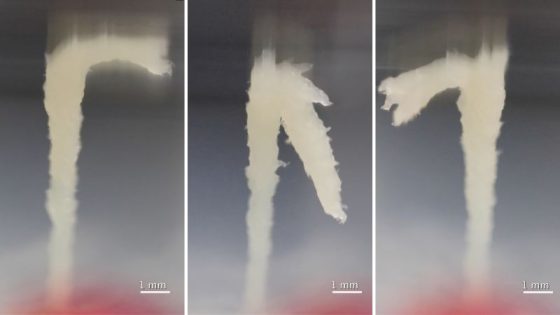A new study reveals that lithium-rich brines are influenced more by boron than carbonate, reshaping our understanding of lithium extraction. This groundbreaking research, published on 2025-06-05 21:30:00, could revolutionize lithium mining practices.
- Boron influences lithium-rich brine chemistry.
- Traditional saline waters governed by carbonate.
- Salar de Uyuni hosts largest lithium deposit.
- Brine acidity linked to boron concentration.
- Findings may improve lithium extraction methods.
- Research spans Lithium Triangle and Tibetan Plateau.
Researchers focused on the Salar de Uyuni in Bolivia, home to the world’s largest lithium brine deposit. They discovered that the chemistry of these brines is fundamentally different from typical saline waters, driven primarily by boron. This insight opens new avenues for improving lithium extraction and wastewater management.
This discovery raises important questions about how we approach lithium mining. How can this newfound understanding of boron improve extraction efficiency? What implications does it have for environmental sustainability?
- Boron plays a crucial role in determining brine alkalinity and pH.
- Research included over 300 brine samples from the Lithium Triangle and Tibetan Plateau.
- Findings could lead to more efficient lithium extraction methods.
As we move forward, embracing these findings could lead to more sustainable practices in lithium mining, ultimately supporting the global shift toward renewable energy solutions.



